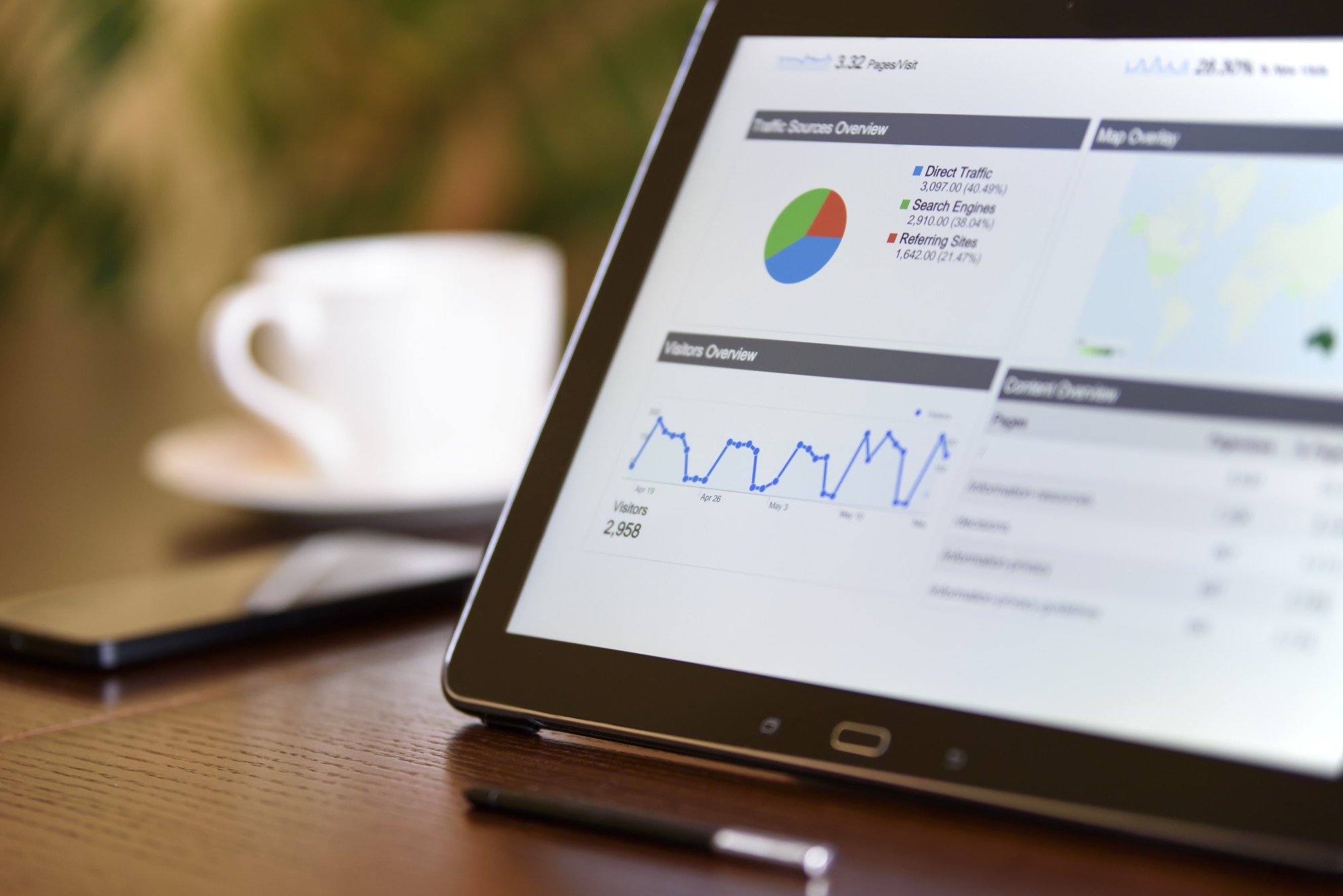
You've heard it before and you'll hear it again...
...you need digital marketing.
Online (digital) marketing is what your competition is using to get found. It's the strategies they're employing to capture more of your market. Any business forgoing marketing on the Web is outright doomed to obscurity.
Here's the thing:
You don't need to become an expert to enjoy the fruits of your labor. One or two of the strategies in this guide is enough to land some sales.
Let's not dilly-dally. Let's get results started today.
What good are digital marketing tips and tricks without direction? Your strategy encompasses everything planned to reach your goal.
What is your digital marketing goal? Pick one:
Your goal is anything unique to your business. You know it best.
You'll then want to do a few basics to lay the strategy's foundation:
You could aim for something simple like getting more online reviews. It could go big like disrupting whole industries and markets.
Think of the big picture when forming your strategy. Think of the major details, but don't get too held up in the minor items. You should focus on high impact actions. Let pro help form a digital strategy, at least on the individual tasks.
Good question!
You'll soon realize there are countless opportunities. It's almost overwhelming to the point you're frozen. Don't overthink it, stick to the best practices as you're beginning. This will help you learn both how and why strategies work.
That said... you should do these are the digital marketing tactics to explore:
Your business website is the "hub" of your marketing activities. It's where you'll funnel most people. And, as expected, is where you'll process most transactions.
There are a few ways to build a site:
It doesn't matter how it's built, but it does matter that it's optimized.
You'll apply SEO so it ranks, gets traffic, and several extra benefits. You can DIY this optimization or outsource the SEO. Again, it doesn't matter as long as it gets done.
The basics behind it (in case you'll DIY or want to know) is:
Use Google's ad tool for keyword discovery. Else, look at competitors and replicate some of their efforts. You'll apply these keywords to their appropriate, unique pages on the site.
SEOing parts of the page would include:
And there you have it -- an optimized web page. Repeat this for the "money" pages on your site, first. Then work your way through the rest of the pages.
You've developed a site. Now you'll want to fill it with great content.
Content Marketing is a defining digital marketing strategy. Content, after all, is what brings people to a website. It's what brought you to this article!
Start by picking what content type you want to produce:
Most should settle in with writing as it's an easy introduction to content marketing. It also helps with the SEO, organic traffic, and rankings.
What should you write about? Try:
Aim to at least craft 500 words for a basic article. Get it up to 1,000 or more to improve its value. And, go big -- like 5,000+ words -- for a defining piece! Get creative while doing it, too, so your content is unique to your brand.
Got a couple of articles under your belt? You've got neat options:
You created a digital asset with each article. Rework it and make awesome, new media with it so you have more to share!
Sharing cat pictures and funny quips was a nice intro to social media. But it's time to get serious about how you're using it for business.
You need to:
Honestly: Stick to Facebook and LinkedIn.
Facebook works great for your generic audience. You can use your FB business page to build a community. You'll use ads to reach FB users with coupons and promotions. Simple.
LinkedIn gets reserved for your professional efforts. You'll message business owners, connecting and getting referrals. You're also bringing in others to help promote your brand and its products.
So far -- if you followed along -- you have:
What else can you do to build on these efforts? Quite a bit.
Narrowing your efforts into local SEO is a great direction. This lets you carve out your placement in your area. You'll have fewer competitors (which is nice).
You could bridge the gap and turn digital efforts into physical items:
You're not limited to the Web once realizing what you're building is an asset.
There's so much more, too, like:
And the list goes on and on. You've got the basics down. You have the skill or at least the knowledge to move onto the next challenge!
You've made it this far and that's fantastic.
Many small business owners get overwhelmed with this information. They give up too soon and let the competition take over. Worse, they swear off digital marketing and wonder why their business is sinking.
What can you do from this point forward? Use professional services.
SEOClerks has thousands of amazing digital marketing experts. You'll find everything you need from content creation to software help.
Amplify your digital marketing efforts, today.